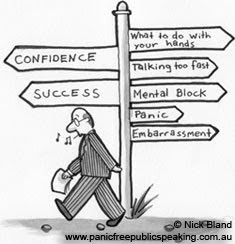Some tips for a successful job interview:
 Preparation
Preparation:
Learn about the organization.
Have a specific job or jobs in mind.
Review your qualifications for the job.
Be ready to briefly describe your experience, showing how it relates it the job.
Be ready to answer broad questions, such as "Why should I hire you?" "Why do you want this job?" "What are your strengths and weaknesses?"
Practice an interview with a friend or relative.
Personal appearance:
Be well groomed.
Dress appropriately.
Do not chew gum or smoke.
The interview:
Be early.
Learn the name of your interviewer and greet him or her with a firm handshake.
Use good manners with everyone you meet.
Relax and answer each question concisely.
Use proper English—avoid slang.
Be cooperative and enthusiastic.
Use body language to show interest—use eye contact and don’t slouch.
Ask questions about the position and the organization, but avoid questions whose answers can easily be found on the company Web site.
Also avoid asking questions about salary and benefits unless a job offer is made.
Thank the interviewer when you leave and shake hands.
Send a short thank you note following the interview.
Information to bring to an interview:
Social Security card.
Government-issued identification (driver’s license).
Resume or application. Although not all employers require a resume, you should be able to furnish the interviewer information about your education, training, and previous employment.
References. Employers typically require three references. Get permission before using anyone as a reference. Make sure that they will give you a good reference. Try to avoid using relatives as references.
Transcripts. Employers may require an official copy of transcripts to verify grades, coursework, dates of attendance, and highest grade completed or degree awarded.
Source: Occupational Outlook Handbook, 2010-2011









